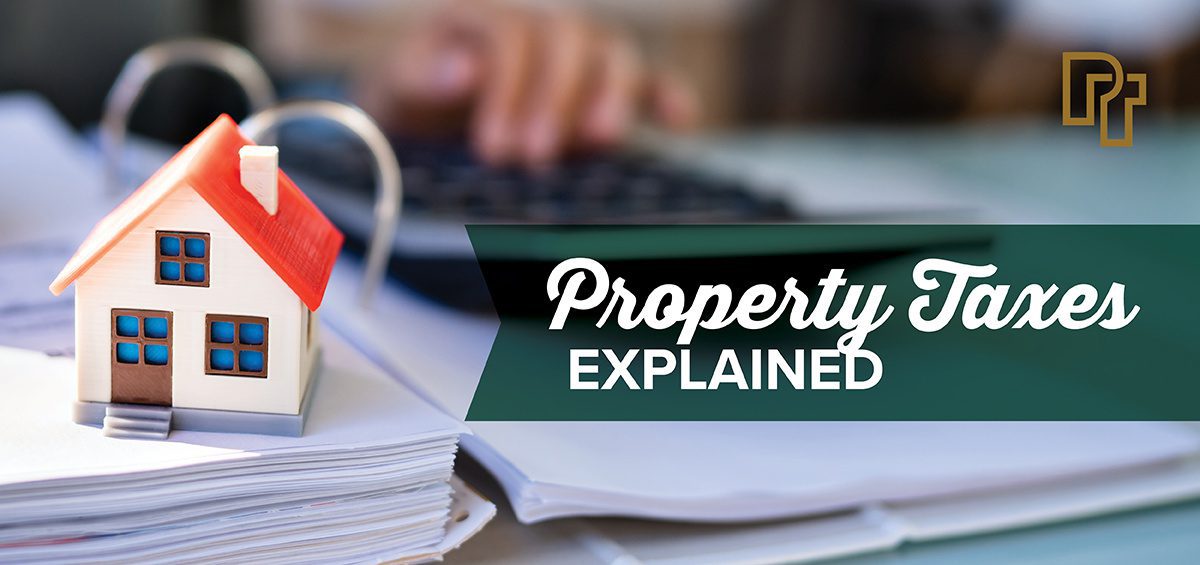Property taxes are an inescapable part of home ownership that everybody buying a home should understand before they close. They can be quite high depending on where a home is located, so knowing what they are and how they work is important. Here’s a brief overview of property taxes and how they may impact your decision to buy a particular home.
What is a Property Tax?
Essentially, property taxes are a source of income for local and state governments. They are based on the assessed value of immovable property (houses) as well as tangible assets (boats and cars). They are levied by local and state municipalities to pay for various services such as schools, police departments, fire departments, garbage collection, libraries, community pools, and infrastructure projects.
All homeowners pay property taxes, which are based on their property’s assessed value.
How to Estimate the Property Tax
State and local laws determine how property taxes are calculated, and they are evaluated using the property’s value and the city’s tax rate. The property’s value is determined by an assessor who keeps track of local property values. Changes in a property can cause a tax increase or decrease depending on the changes.
To estimate the property tax on a property, simply multiply the assessed value by the city’s tax rate.
If you don’t know the value of a property, you can estimate the assessed value of a property by looking at comparable properties in the area or by having your home assessed by a home assessor. Keep in mind that this is not the same as an appraised value. Often, states limit the assessed value to a percentage of the appraised value.
If you don’t know the tax rate of an area, simply call the assessor’s office to ask them. By plugging these numbers into the formula, you can get a good estimate of your annual property tax payments.
Property Tax Exemptions
Some areas offer exemptions in an effort to make property taxes more affordable, such as,
- Homestead exemptions which are offered to those who live on the property full time.
- Senior citizen exemptions which may be offered to homeowners over a certain age who live at the property full time.
- Homeowners with disabilities exemptions which are sometimes offered and vary based on the severity of the disability.
These exemptions can reduce or even eliminate the tax altogether, so be sure to contact the assessor’s office to see if they offer any exemptions for which you may qualify.
The most important thing to remember about property taxes is that they are an ongoing expense that you must account for when creating the budget. Whether you pay them monthly in escrow through your mortgage or annually out of pocket, they need to factor into your decision to purchase a property.







